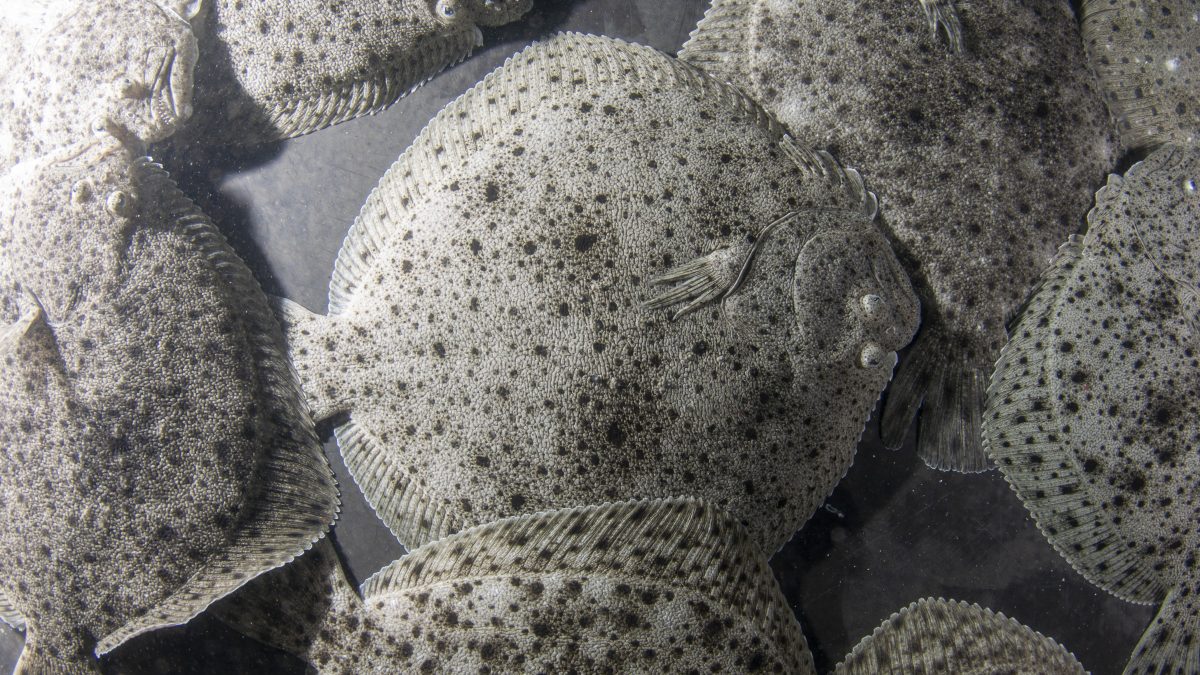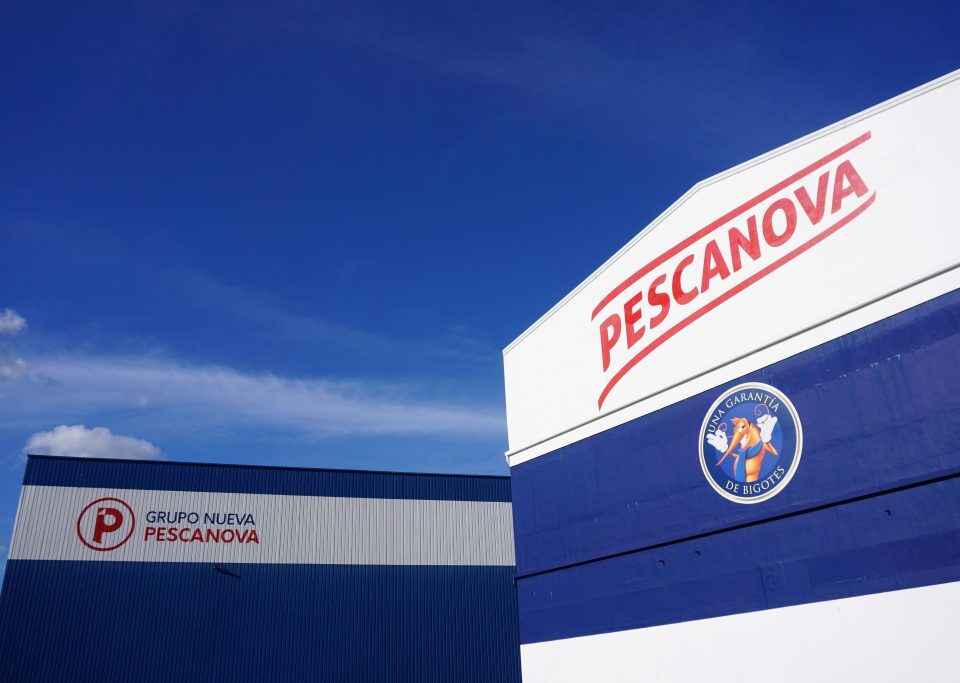
Nueva Pescanova forma a estudiantes de Formación Profesional Dual en sus centros industriales de Pontevedra
12 April, 2021
El Grupo Nueva Pescanova instala siete plantas fotovoltaicas en sus centros de España y Namibia
15 April, 2021- Las dos compañías colaboran para probar, por primera vez en la actividad acuícola, un sistema de gestión inteligente que mejorará la eficiencia energética de las instalaciones.
- Las pruebas se llevarán a cabo en la planta de alevines de rodaballo del Grupo en Mougás (Pontevedra).
Vigo, 12 de abril de 2021. El Grupo Nueva Pescanova probará un sistema de gestión de energía inteligente desarrollado por Repsol en su planta de alevines de rodaballo de Mougás (Pontevedra). A través de la aplicación de la inteligencia artificial y la optimización de los procesos de climatización, este sistema permitirá mejorar la eficiencia energética de sus instalaciones, logrando un ahorro en el consumo y reduciendo las emisiones de CO2.
El Grupo Nueva Pescanova se une a Repsol para testar, por primera vez en una planta de acuicultura, este sistema de gestión inteligente, que recoge distintos parámetros como la potencia requerida, los patrones de uso, el precio de la electricidad en cada momento o el pronóstico del clima. Además, analiza en tiempo real el comportamiento de los equipos y predice cuál será su demanda de energía. Con todos estos datos, determina las condiciones óptimas para cada dispositivo y las adapta de forma automática. En el caso concreto de las piscinas de cultivo para alevines de rodaballo, identificará cuáles son los momentos de mayor consumo energético a la hora de calentar o enfriar el agua procedente del mar, ya que esta especie necesita una temperatura de agua diferente según su fase de crecimiento.
Desarrollado en el laboratorio de microrredes del centro de investigación Repsol Technology Lab, este sistema ha mostrado reducciones de hasta un 20% en el consumo de energía asociado a climatización y hasta un 40% en la cadena de frío.
Gracias a esta alianza, ambas compañías se unen para avanzar en su compromiso con la sostenibilidad. Bajo esta premisa, el Grupo Nueva Pescanova trabaja en la incorporación de tecnologías y procesos que favorezcan la eficiencia y optimización del uso de recursos naturales, materiales y energía. En el marco de este acuerdo, Ignacio González, CEO del Grupo Nueva Pescanova, afirma que: “El desempeño sostenible es un objetivo prioritario para nosotros. Es un orgullo seguir avanzando en este sentido y ser pioneros en la incorporación de nuevas soluciones de eficiencia energética aplicada a la acuicultura”.
El proyecto podría extenderse para, en una fase posterior, integrar en la gestión energética inteligente los sistemas de almacenamiento, la generación distribuida fotovoltaica y la recarga de vehículos eléctricos.





